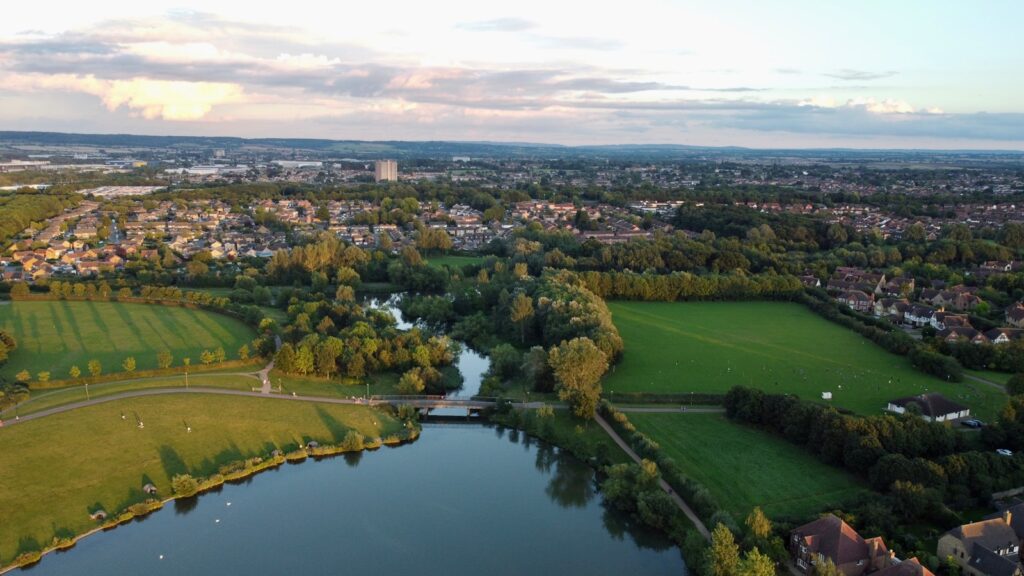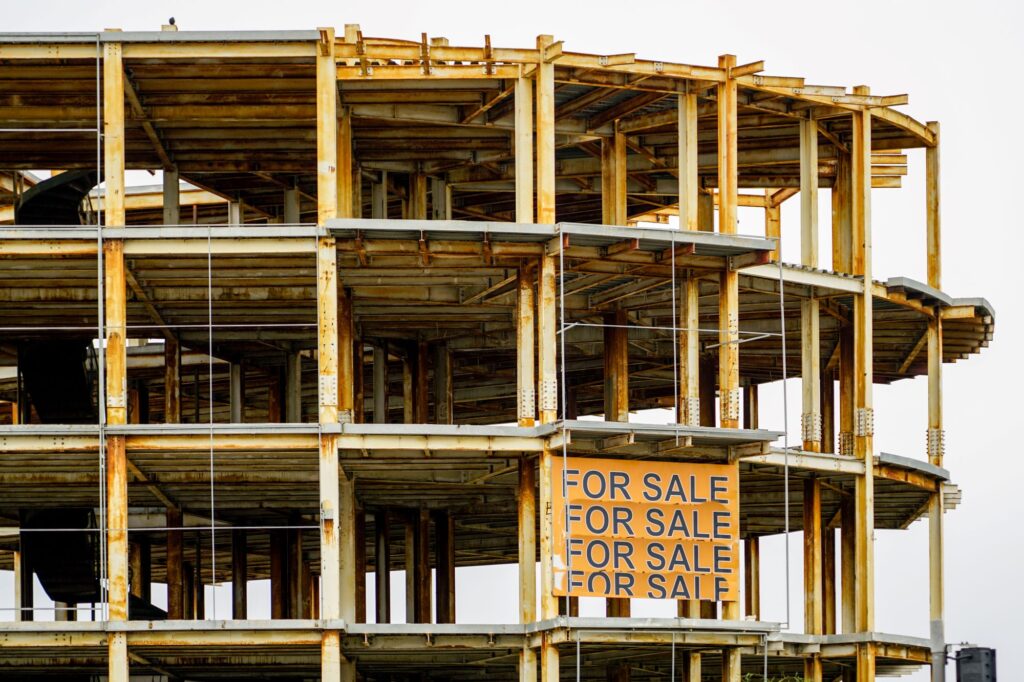Community engagement is an absolutely essential part of the planning process and developers must always be willing to compromise, writes Andrew Gore, planning director at Marrons Planning, part of law firm, Shakespeare Martineau.
The UK’s growing population, coupled with a strong commitment by central government to boosting housebuilding, continues to fuel the search by housebuilders and land promoters for suitable sites across the country.
Whilst this building boom is considered necessary in meeting the UK’s housing needs, planning applications are often met with opposition from local communities. Since local voices can be very loud in determining the fate of a planning application, and since housebuilders have a commercial interest in ensuring that their reputation is good in the community where they will ultimately be trying to sell any homes they secure consent for, ensuring that local communities are appeased is crucial.
Engaging directly
Currently, the UK’s planning system does not require developers to undertake any form of community engagement. Notwithstanding this, developers are strongly encouraged by Local Planning Authorities and other planning professionals to write to members of the community and invite them to public exhibitions or stakeholder workshops.
These provide a platform for local residents to air any concerns about a proposed development, have their questions answered, and engage directly with Parish Councils.
However, many housebuilders and land promoters fail to see any value in engaging too much with local communities, as the response to new housing in a community is typically negative and it can lead to delays, additional consultancy costs and potentially a loss of units on site.
As such, developers are often divided over whether the costs incurred when seeking potential support from local residents is justified and whether it results in any meaningful reduction in the number of objections received.
Aspirations
Another potential issue is that house-builders and land promoters are often working to achieve a certain land value aspiration that sits in the minds of landowners and their agents from the outset.
A housebuilder or promoter who is perceived to be taking a softer line in relation to demands being placed upon them by a local community, may well meet resistance from the landowner or agent who does not want to see the land value reduced through a loss of dwellings on the site and/or won’t typically have to face the local community in the same way during the planning application process.
It is clear that something needs to be done to improve the perception of new housing developments in towns and villages across the country. Central Government has perhaps been guilty of peddling mixed messages over recent years, which have led to some of this tension.
On the one hand, politicians have been very emotive and vocal in championing the virtues of the Localism Act (2012) and how this will give communities the power to fend off unwanted development in their communities; and on the other hand, the Government has also taken a strong stance around the need to build 300,000 new homes a year in the country, at the same time falsely accusing some developers of land-banking.
Whilst this may be a broader issue for central Government to grapple with, in the meantime, developers must seek to embrace community engagement and try to see it as an opportunity to either showcase their product in the community, where they will ultimately be selling any homes they secure consent for, or to see it as an opportunity to convert a small number of potential objectors.
Community engagement
Developers should also seek to speak with landowners and their agents at the point of signing option or promotion agreements in order to manage expectations about the likely demands locals residents or parish councils may place on a scheme and how this may impact the dwelling numbers and subsequent land values.
Community engagement is beneficial for both parties — developers are more likely to have permission for their schemes granted and residents are more likely to be happy with a proposed development. In all planning scenarios, compromise is key and, as development opportunities spring up all over the country, it is important that community engagement is encouraged in all circumstances — residents who are kept in the loop are often more receptive to changes in the local environment.
Equally, landowners and agents who are wise to this from the outset can be easier to negotiate with on potential changes to a scheme that they may perceive as impacting on their land values.

















Leave a Reply